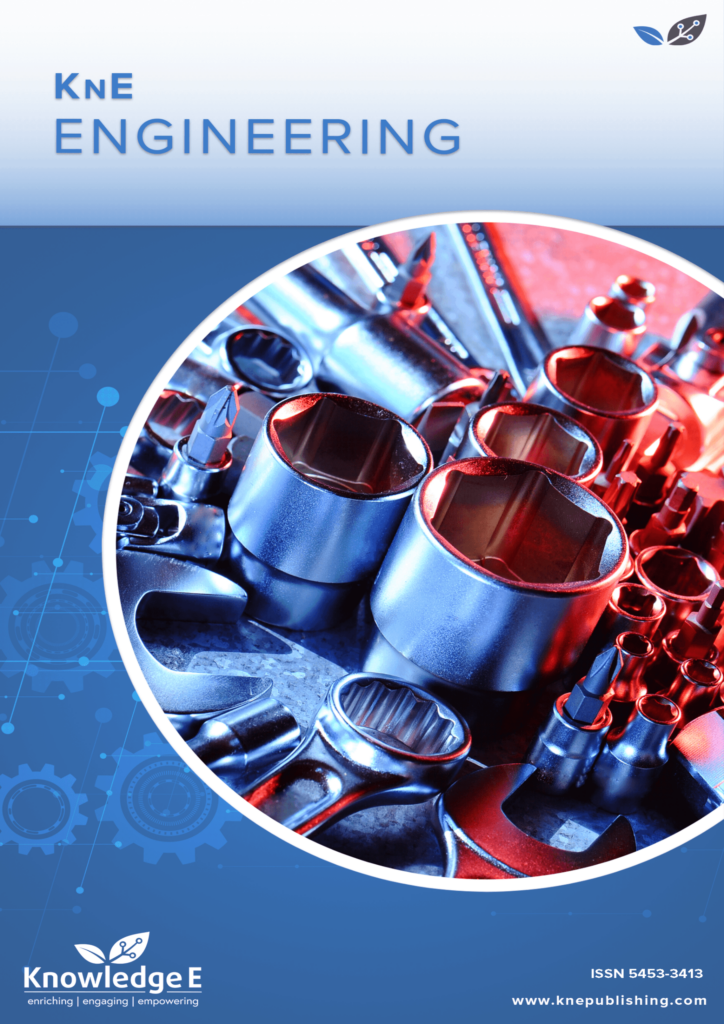
KnE Engineering
ISSN: 2518-6841
The latest conference proceedings on all fields of engineering.
Astronaut Training using Virtual Reality in a Neutrally Buoyant Environment
Published date: Feb 09 2017
Journal Title: KnE Engineering
Issue title: The International Conference on Design and Technology
Pages: 319-327
Authors:
Abstract:
Astronauts undergo significant training in preparation for operating in space. In the past governments have been driving space exploration through ventures such as the National Aeronautics and Space Administration (NASA), however more recently new private companies have formed such as SpaceX who are designing commercially viable and reusable spacecraft. As such, the economics of space travel are more important than ever, and there is a logical need to research affordable and effective training procedures for astronauts.
Virtual Reality (VR) has been shown to be an effective technique for training people to perform high skilled physical tasks such as medical surgery. Research into VR as a platform for training astronauts has shown encouraging results with the implementation of hand tracking data gloves allowing the trainee to interact with the virtual environment. Further, there is evidence that VR can aid in the treatment of phobias with exposure therapy by better preparing the patient for real life exposure. Tactile feedback was found to enhance the treatment. Hence training with VR may help prepare an astronaut for the experience of operating in space through exposure to realistic simulations.
This paper proposes using existing underwater systems with VR to create a low cost extra vehicular activity (EVA) astronaut training simulation. Incorporation of tactile feedback and methods to track the body, hands and finger flexure, enabling user interaction with the virtual environment was explored. This allows for the creation of a varied neutrally buoyant training environment with a smaller physical space requirement compared to existing methods.
References: